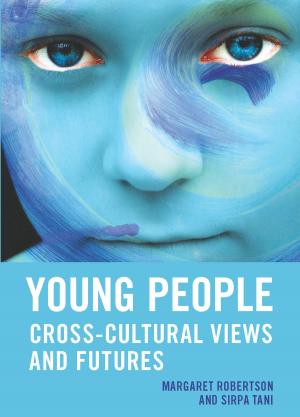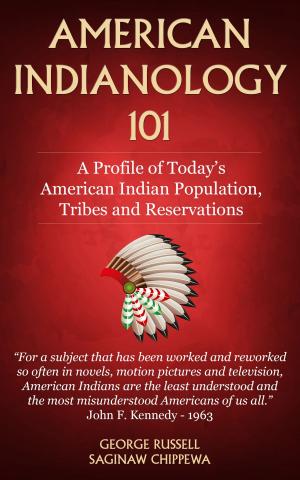The Elusive Quest for Equality
150 Years of Chicano/Chicana Education
Nonfiction, Reference & Language, Education & Teaching, History, Educational Theory, Multicultural Education| Author: | ISBN: | 9781612500737 | |
| Publisher: | Harvard Educational Review | Publication: | January 1, 1999 |
| Imprint: | Harvard Educational Review | Language: | English |
| Author: | |
| ISBN: | 9781612500737 |
| Publisher: | Harvard Educational Review |
| Publication: | January 1, 1999 |
| Imprint: | Harvard Educational Review |
| Language: | English |
The Elusive Quest for Equality documents both the plight and the struggle of Chicano communities over the past 150 years, using the guiding themes of segregation, Americanization, and resistance in the history of education for Chicanos/Chicanas.
The history of the Chicano community's quest for educational equality is long and rich. Since the Treaty of Guadalupe Hidalgo formalized the conquest of half of Mexico's territory into what is now the U.S. Southwest, Chicanos have fought to claim what was promised them in the Treaty—the enjoyment of all the rights of U.S. citizens. In terms of education, they certainly have never had equal access, opportunity, or resources, despite legal victories. In this volume, some of the leading scholars analyze why the quest for equality in education has remained so elusive. They do so by documenting both the plight and the struggle of Chicano communities over the past 150 years, using the guiding themes of the role of language, segregation, Americanization, and resistance in the history of education for Chicanos/Chicanas.
"In the cover painting of this book, Manuel Hernandez Trujillo captures...the dualistic nature of the U.S. conquest of Northern Mexico, reflecting both the losses and opportunities represented in his camino de espinas (road of thorns). This tension between cynicism and optimism pervades the essays in this volume...something I see over and over again in discussions that focus on the significance of race in a democratic society. To what extent does the past determine our future, and to what degree do our own expectations of the future influence our interpretations of the past? It seems to me that these two interdependent questions continue to shape both our experience as Chicanos/Chicanas and our understanding of what it means to be Chicano/Chicana in the United States at the end of the twentieth century."
Manuel N. Gómez, Vice Chancellor, Student Services, University of California, Irvine, from the Foreword
The Elusive Quest for Equality documents both the plight and the struggle of Chicano communities over the past 150 years, using the guiding themes of segregation, Americanization, and resistance in the history of education for Chicanos/Chicanas.
The history of the Chicano community's quest for educational equality is long and rich. Since the Treaty of Guadalupe Hidalgo formalized the conquest of half of Mexico's territory into what is now the U.S. Southwest, Chicanos have fought to claim what was promised them in the Treaty—the enjoyment of all the rights of U.S. citizens. In terms of education, they certainly have never had equal access, opportunity, or resources, despite legal victories. In this volume, some of the leading scholars analyze why the quest for equality in education has remained so elusive. They do so by documenting both the plight and the struggle of Chicano communities over the past 150 years, using the guiding themes of the role of language, segregation, Americanization, and resistance in the history of education for Chicanos/Chicanas.
"In the cover painting of this book, Manuel Hernandez Trujillo captures...the dualistic nature of the U.S. conquest of Northern Mexico, reflecting both the losses and opportunities represented in his camino de espinas (road of thorns). This tension between cynicism and optimism pervades the essays in this volume...something I see over and over again in discussions that focus on the significance of race in a democratic society. To what extent does the past determine our future, and to what degree do our own expectations of the future influence our interpretations of the past? It seems to me that these two interdependent questions continue to shape both our experience as Chicanos/Chicanas and our understanding of what it means to be Chicano/Chicana in the United States at the end of the twentieth century."
Manuel N. Gómez, Vice Chancellor, Student Services, University of California, Irvine, from the Foreword















